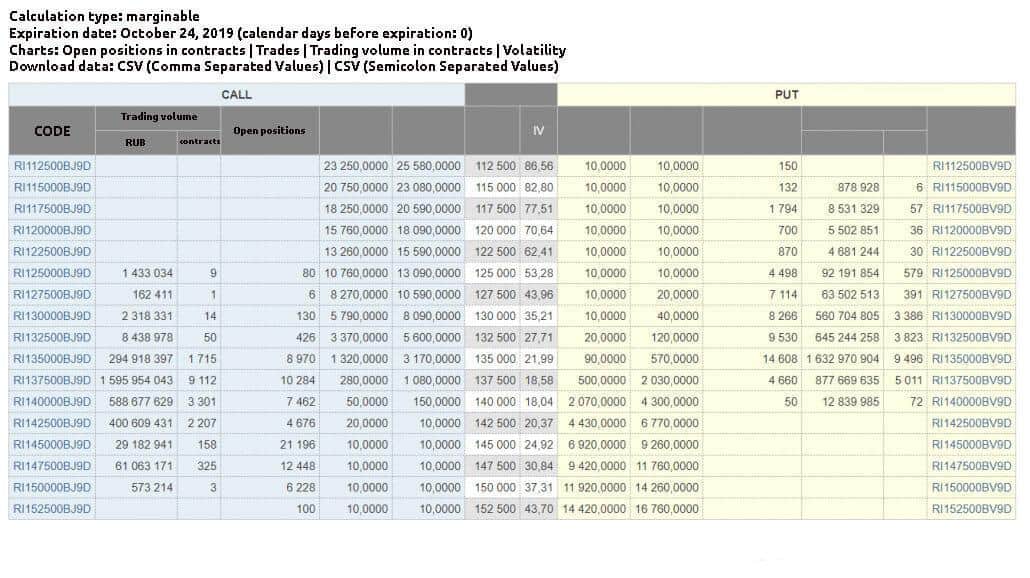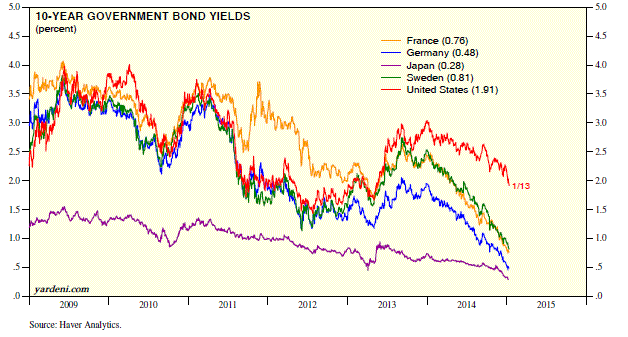
You have probably heard that a financial crisis is the perfect time to buy bonds. It is true. This is true. Poor credit rating bonds should be avoided. However, you can still get better returns by investing in equities. It is a good time for you to invest in bonds if this is your first time. Here are some things to keep in mind:
Buy bonds at an inflated price
When you're ready to buy bonds at a premium, consider how to acquire them. Premium bonds are more expensive than municipal bonds, but you can benefit from tax-free coupon payments from munis. Premium bonds could have an accretion tax-advantaged feature that can result in capital gains or ordinary income at maturity. For this reason, you should carefully analyze the investment strategy and consider the interest rate environment before purchasing these types of bonds.

The most obvious benefit of buying premium bonds is the higher interest rate they offer. Premium bonds might require greater initial investments. These bonds have a lower likelihood of default and are therefore often sold at an attractive price. ABC International has an 8% bond that is a prime example. You can purchase the bond at a lower price than its par value as long as your credit rating is higher.
You can purchase individual bonds using your brokerage account. You can buy bonds using the same brokerage account as you trade stocks or mutual funds. Most brokerages will allow you to purchase these bonds. Compare the different types of investments offered by each brokerage and the fees they charge. By consulting a professional financial advisor, you might be able to purchase bonds at a premium. Smartasset is an internet directory where you can find local advisors and make investments with them.
Bonds at a Discount
It is a smart idea to purchase bonds at a discount if the coupon rate is lower that the market rate. This is because investors are looking for higher profits and wouldn't want to pay high prices for bonds with low coupon rates. This is compensated by the upfront discount. Here are some ways to buy bonds at a lower price.
Understanding the rules surrounding these investments is important before you make a purchase of bonds at a discounted price. You should first check the tax treatment for municipal bonds. Some bonds are exempted of capital gains tax while other bonds are subject to ordinary income rates. You should make sure you know which bonds are exempt from capital gains tax. The tax rate for municipal bonds is currently around 28%. It is best not to invest in bonds that mature over a long period of time.

You should also look for a company selling individual bonds at a discounted price if you want to purchase them. The majority of people who purchase individual bonds go through a broker. They will then include their commission in the bond price. Since you don't see the whole cost, you should check whether the discount is enough to make the purchase. You can always cash out before the market interest rate changes if you aren't satisfied with it.
FAQ
What is security in a stock?
Security is an investment instrument whose value depends on another company. It may be issued by a corporation (e.g., shares), government (e.g., bonds), or other entity (e.g., preferred stocks). The issuer promises to pay dividends and repay debt obligations to creditors. Investors may also be entitled to capital return if the value of the underlying asset falls.
What's the role of the Securities and Exchange Commission (SEC)?
SEC regulates brokerage-dealers, securities exchanges, investment firms, and any other entities involved with the distribution of securities. It enforces federal securities laws.
What is security?
Security is an asset that produces income for its owner. Shares in companies is the most common form of security.
One company might issue different types, such as bonds, preferred shares, and common stocks.
The value of a share depends on the earnings per share (EPS) and dividends the company pays.
Shares are a way to own a portion of the business and claim future profits. If the company pays a payout, you get money from them.
You can sell shares at any moment.
What is a mutual-fund?
Mutual funds can be described as pools of money that invest in securities. They allow diversification to ensure that all types are represented in the pool. This reduces risk.
Professional managers manage mutual funds and make investment decisions. Some mutual funds allow investors to manage their portfolios.
Mutual funds are more popular than individual stocks, as they are simpler to understand and have lower risk.
Who can trade on the stock market?
The answer is everyone. All people are not equal in this universe. Some have greater skills and knowledge than others. They should be recognized for their efforts.
But other factors determine whether someone succeeds or fails in trading stocks. If you don’t have the ability to read financial reports, it will be difficult to make decisions.
Learn how to read these reports. You need to know what each number means. And you must be able to interpret the numbers correctly.
Doing this will help you spot patterns and trends in the data. This will help you decide when to buy and sell shares.
If you're lucky enough you might be able make a living doing this.
What is the working of the stock market?
You are purchasing ownership rights to a portion of the company when you purchase a share of stock. A shareholder has certain rights over the company. He/she has the right to vote on major resolutions and policies. He/she can demand compensation for damages caused by the company. He/she also has the right to sue the company for breaching a contract.
A company cannot issue shares that are greater than its total assets minus its liabilities. This is called capital adequacy.
A company that has a high capital ratio is considered safe. Companies with low capital adequacy ratios are considered risky investments.
Can bonds be traded
Yes, they are. You can trade bonds on exchanges like shares. They have been for many, many years.
The only difference is that you can not buy a bond directly at an issuer. A broker must buy them for you.
This makes buying bonds easier because there are fewer intermediaries involved. This means that selling bonds is easier if someone is interested in buying them.
There are many different types of bonds. Some pay interest at regular intervals while others do not.
Some pay interest every quarter, while some pay it annually. These differences make it easy for bonds to be compared.
Bonds are great for investing. Savings accounts earn 0.75 percent interest each year, for example. The same amount could be invested in a 10-year government bonds to earn 12.5% interest each year.
You could get a higher return if you invested all these investments in a portfolio.
Statistics
- Ratchet down that 10% if you don't yet have a healthy emergency fund and 10% to 15% of your income funneled into a retirement savings account. (nerdwallet.com)
- Even if you find talent for trading stocks, allocating more than 10% of your portfolio to an individual stock can expose your savings to too much volatility. (nerdwallet.com)
- US resident who opens a new IBKR Pro individual or joint account receives a 0.25% rate reduction on margin loans. (nerdwallet.com)
- "If all of your money's in one stock, you could potentially lose 50% of it overnight," Moore says. (nerdwallet.com)
External Links
How To
How to open and manage a trading account
The first step is to open a brokerage account. There are many brokers out there, and they all offer different services. Some brokers charge fees while some do not. Etrade is the most well-known brokerage.
Once you have opened your account, it is time to decide what type of account you want. These are the options you should choose:
-
Individual Retirement accounts (IRAs)
-
Roth Individual Retirement Accounts
-
401(k)s
-
403(b)s
-
SIMPLE IRAs
-
SEP IRAs
-
SIMPLE 401K
Each option offers different advantages. IRA accounts have tax advantages but require more paperwork than other options. Roth IRAs allow investors to deduct contributions from their taxable income but cannot be used as a source of funds for withdrawals. SEP IRAs are similar to SIMPLE IRAs, except they can also be funded with employer matching dollars. SIMPLE IRAs are very simple and easy to set up. These IRAs allow employees to make pre-tax contributions and employers can match them.
You must decide how much you are willing to invest. This is called your initial deposit. Most brokers will give you a range of deposits based on your desired return. For example, you may be offered $5,000-$10,000 depending on your desired rate of return. The lower end of the range represents a prudent approach, while those at the top represent a more risky approach.
Once you have decided on the type account you want, it is time to decide how much you want to invest. There are minimum investment amounts for each broker. These minimum amounts can vary from broker to broker, so make sure you check with each one.
You must decide what type of account you want and how much you want to invest. Next, you need to select a broker. Before selecting a broker to represent you, it is important that you consider the following factors:
-
Fees - Make sure that the fee structure is transparent and reasonable. Many brokers will offer trades for free or rebates in order to hide their fees. However, many brokers increase their fees after your first trade. Don't fall for brokers that try to make you pay more fees.
-
Customer service – You want customer service representatives who know their products well and can quickly answer your questions.
-
Security – Choose a broker offering security features like multisignature technology and 2-factor authentication.
-
Mobile apps - Find out if your broker offers mobile apps to allow you to view your portfolio anywhere, anytime from your smartphone.
-
Social media presence - Find out if the broker has an active social media presence. If they don’t, it may be time to move.
-
Technology - Does the broker use cutting-edge technology? Is the trading platform intuitive? Are there any issues with the system?
After choosing a broker you will need to sign up for an Account. Some brokers offer free trials. Others charge a small amount to get started. Once you sign up, confirm your email address, telephone number, and password. Next, you'll have to give personal information such your name, date and social security numbers. The last step is to provide proof of identification in order to confirm your identity.
After you have been verified, you will start receiving emails from your brokerage firm. It's important to read these emails carefully because they contain important information about your account. This will include information such as which assets can be bought and sold, what types of transactions are available and the associated fees. Keep track of any promotions your broker offers. You might be eligible for contests, referral bonuses, or even free trades.
Next, you will need to open an account online. An online account can be opened through TradeStation or Interactive Brokers. Both sites are great for beginners. You will need to enter your full name, address and phone number in order to open an account. After this information has been submitted, you will be given an activation number. You can use this code to log on to your account, and complete the process.
You can now start investing once you have opened an account!